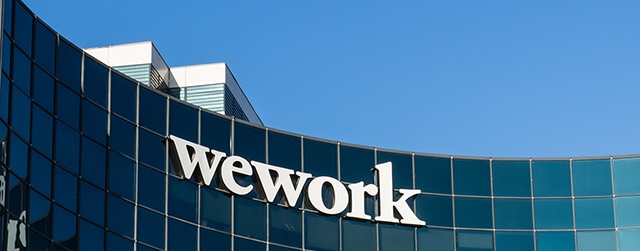WeWork, Uber, andLyft lead the way in a string of tech sector IPO disappointments.

WeWork, also known as the We Company, the world’s largest private co-working space provider, has found itself in the midst of a valuation storm that could serve as a cautionary tale for other major tech unicorns.
The company grew significantly over the past decade, providing so-called gig economy workers with shared office space on short-term leases. The financial crisis of 2008 and rising demand for shared services saw the company’s valuation reach $47 billion in just a few years. Its high valuation was also triggered by large investments from SoftBank, the Japanese tech investor.
But as WeWork gets closer to listing on the Nasdaq, many on Wall Street are questioning the validity of its business model and high valuation, due to its long-term lease obligations, continuing losses, and dysfunctional corporate governance structure. These concerns led to industry and investor calls to reduce WeWork’s pre-IPO valuation, estimated at $20 billion to $30 billion, according to reports. WeWork’s board then decided to postpone the IPO, and pressure from board members and investors saw the company’s embattled CEO Adam Neumann resign from his post on September 24. Questions are now starting to surface about IPOs in the context of other large tech companies.
Will Gornall, assistant professor of finance at the University of British Columbia, and Ilya Strebulaev, the David S. Lobel Professor of Private Equity and professor of finance at Stanford University’s Graduate School of Business, have looked at many tech unicorns—defined as private, venture capital–backed companies with a valuation of more than $1 billion. They found a pattern of overvaluation among all unicorns, with wide variations. According to their research, the average unicorn is overvalued by 48%, with some unicorns overvalued by only 11% to 22% and others overvalued by more than 100%.
The growing debate over the overvaluation of tech companies has impacted the prospects for other tech firms that were planning IPOs. Peter Thiel, founder and chairman of data-analytics company Palantir Technologies, confirmed that his company had delayed its IPO for a few years. Airbnb, meanwhile, quashed rumors that it plans to go public this year, instead scheduling its IPO for some point during 2020, it announced on September 19.



